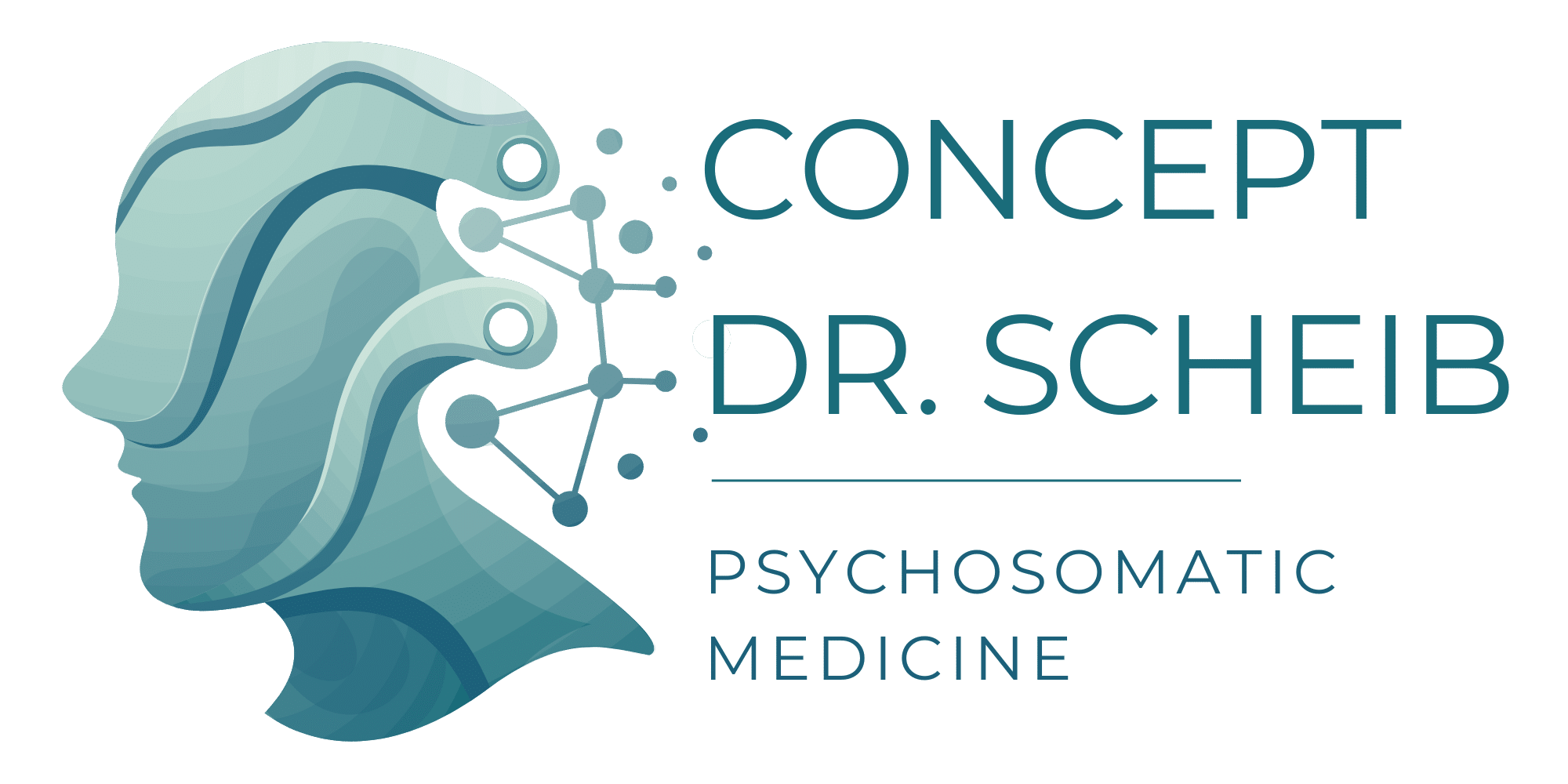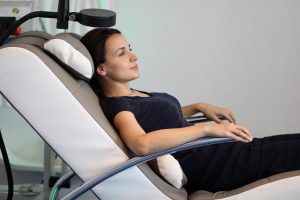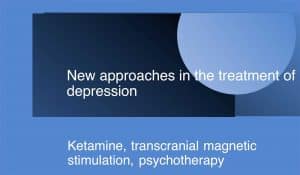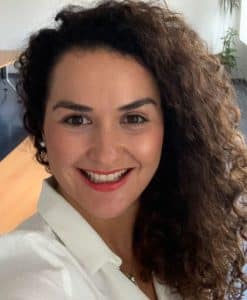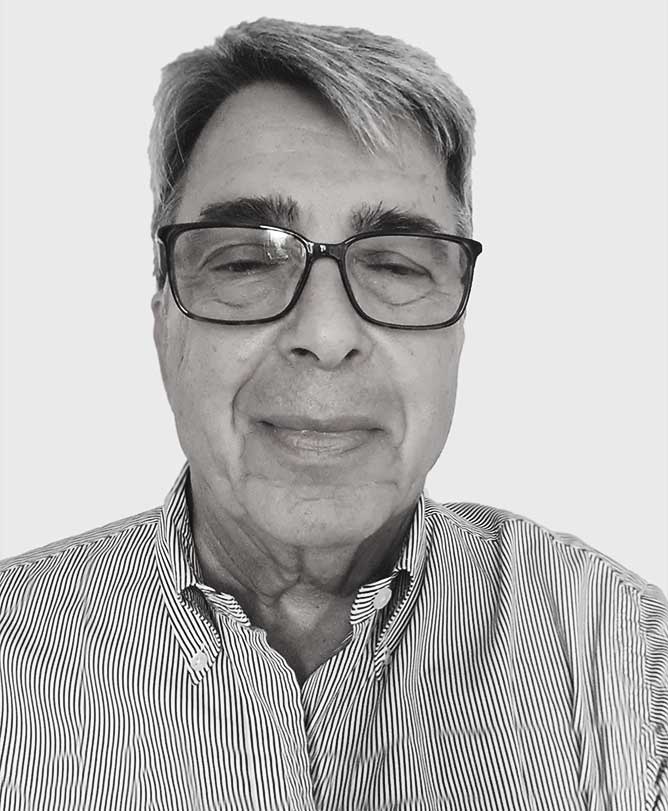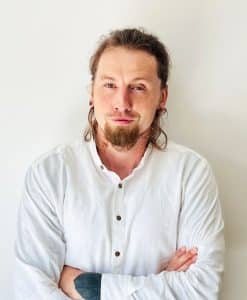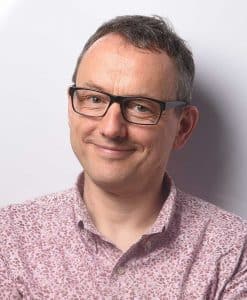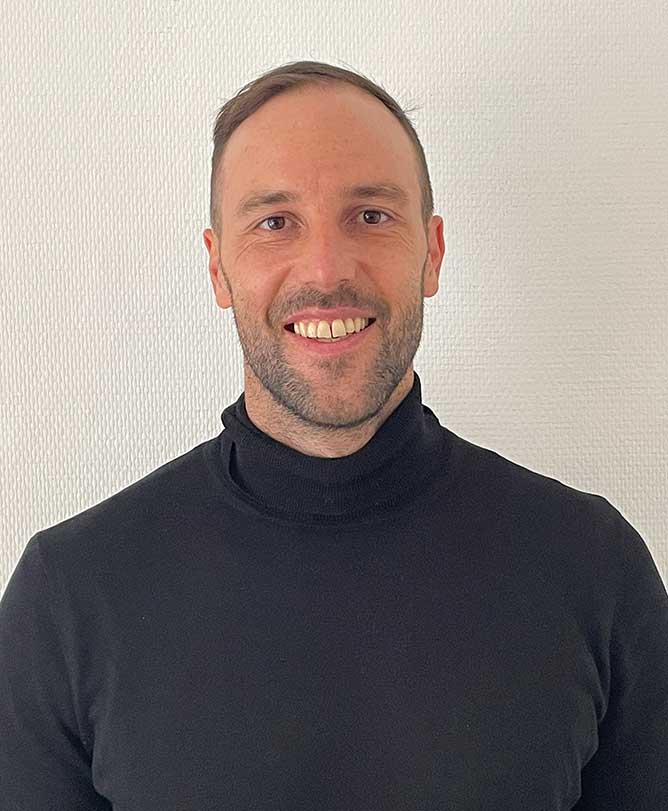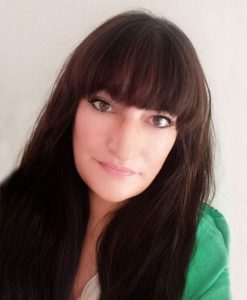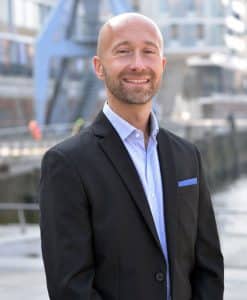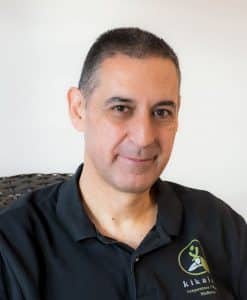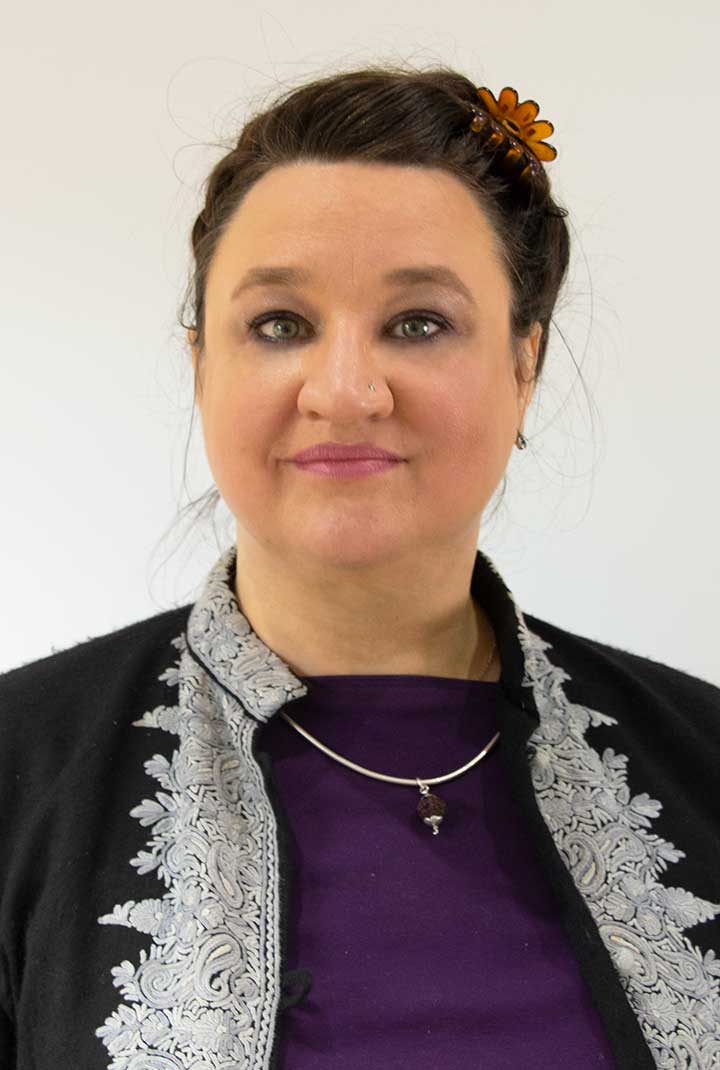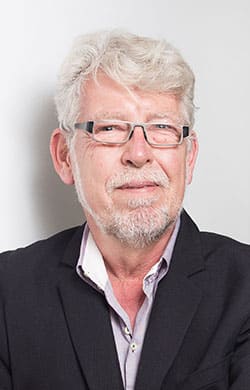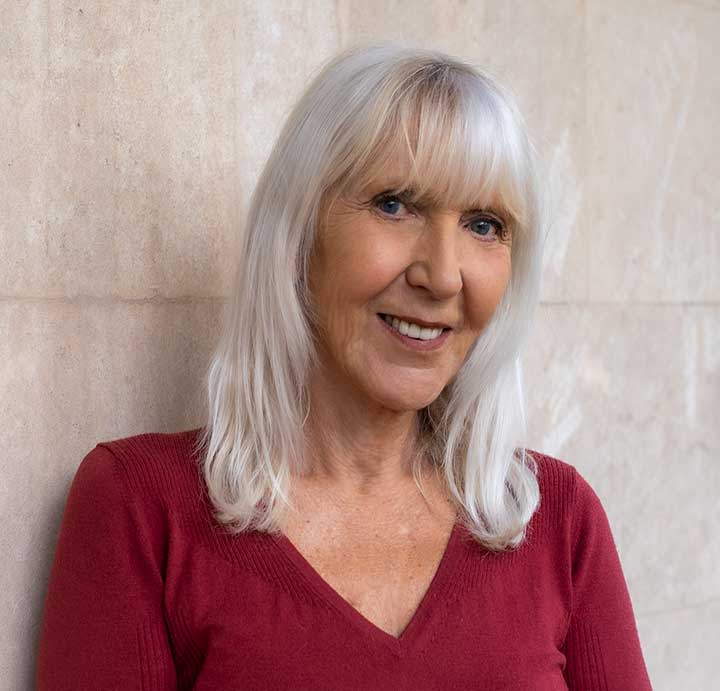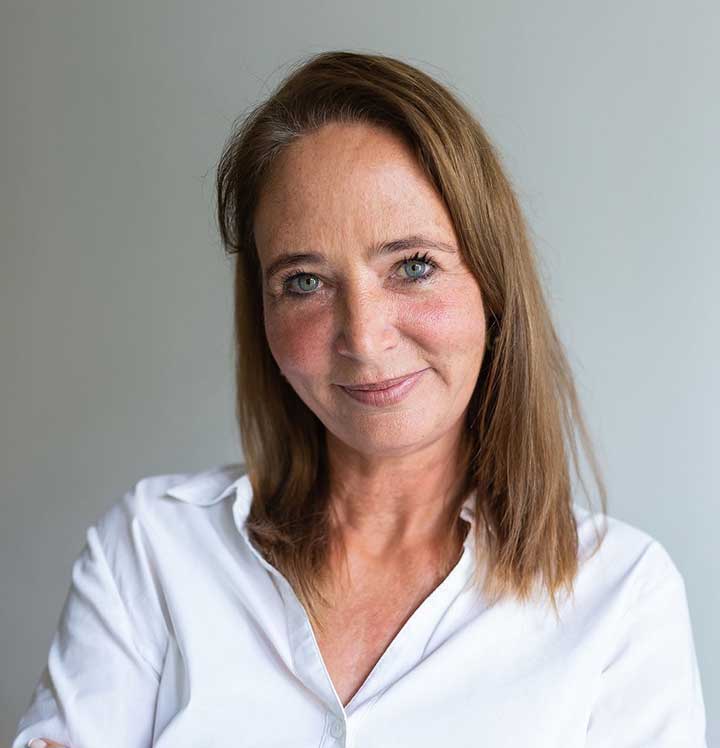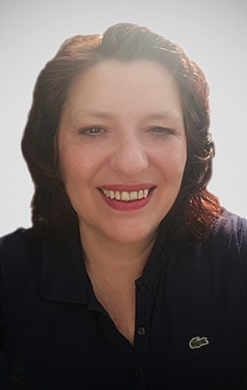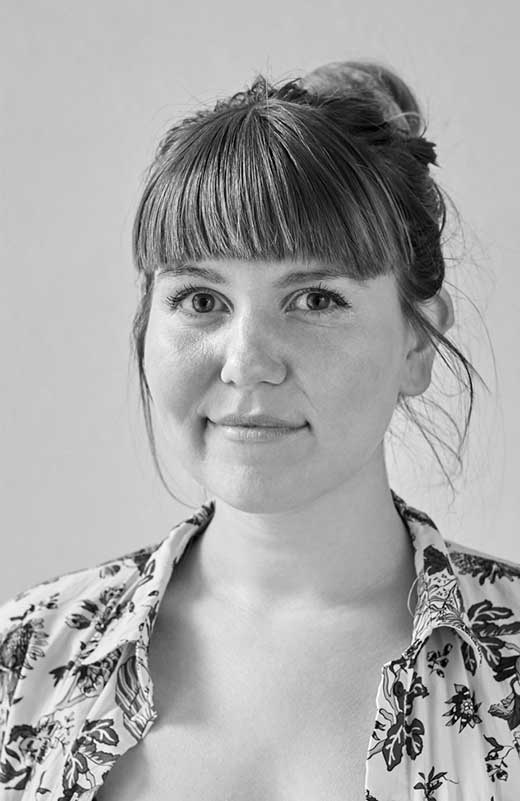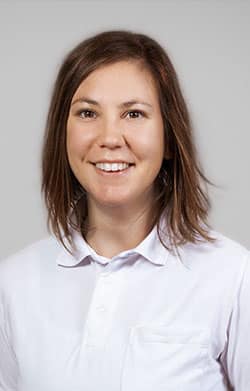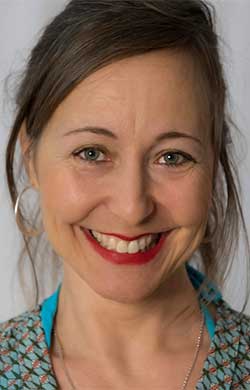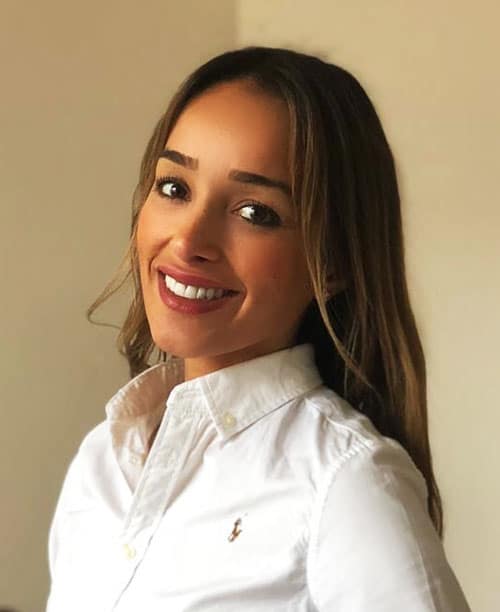Antidepressant medication and alternative treatment for depression
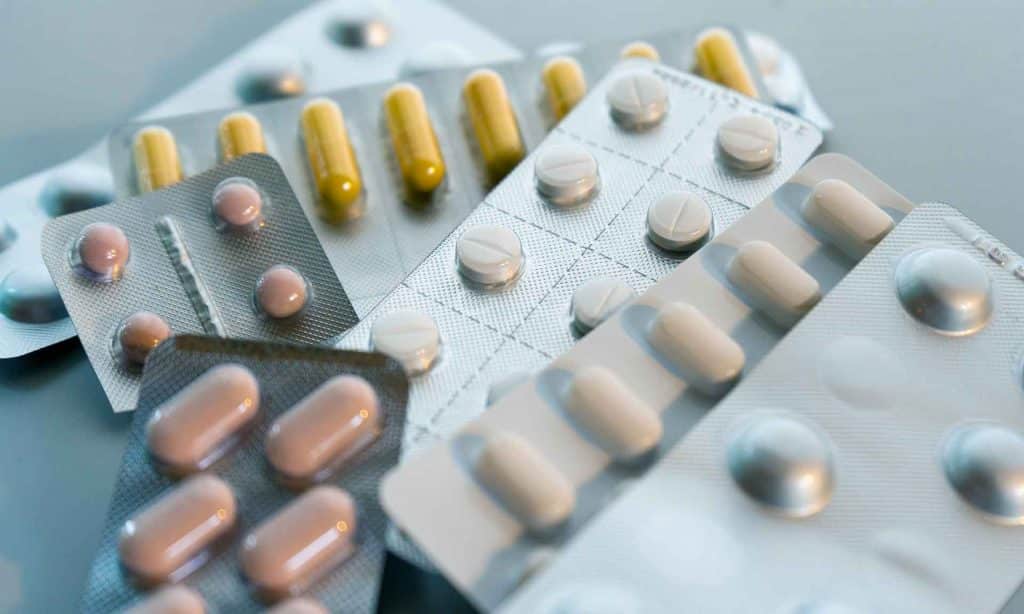
Foto: Mira Hamza
What is antidepressant medication?
Antidepressant medication, especially the so-called SSRIs (selective serotonin reuptake inhibitors) are among the most prescribed drugs for depression worldwide. They are supposed to lighten the mood and normalize the drive in depressive disorders.
Effects of antidepressants (depending on the drug):
- improves the mood
- relieves anxiety
- calming
- enhances personal drive
- stimulant
Mostly, antidepressants are used to treat depression. Six percent of the population in Germany regularly take antidepressant medicine; in some of our neighboring countries, the figure is twice as high. The trend in all countries is upward.
Every year, antidepressants worth 3.7 billion euros are sold in Europe. So it’s an interesting market!
On average, antidepressants work somewhat better than placebo, i.e., in some people they work very well, in others not at all. However, they sometimes cause severe side effects.
Side effects of antidepressants can include:
- Weight gain
- Nausea
- Constipation
- Diarrhea
- fatigue
- sexual dysfunction
Because of these side effects, many patients want to stop taking antidepressant medicine. Often patients do not know that there are nowadays good alternative treatments for depression that lead to at least as good an improvement in symptoms without antidepressants or long-term medication.
Alternative treatment of depression without antidepressants
If the antidepressants show a clear effect and the side effects are minor, there is no reason to stop taking the medication.
However, for many patients, the effect is questionable (“Am I feeling bad even though I am taking the antidepressants or because I am taking them?”). These people seek alternative treatments for depression.
At the clinic Dr. Scheib on Mallorca and at Dr. Scheib’s practices in Berlin and Munich, we have been successfully treating depression without antidepressants for years. We use the antidepressant effect of ketamine infusions, which has been scientifically proven in numerous studies and has long been a common method of treating depression in the USA.
What is special about our depression treatment is that we always accompany the ketamine infusions with complementary therapies, individually tailored to the patient. This allows us to achieve faster and more sustainable results than treatment with ketamine infusions alone.
Psychotherapy
If one wants to quit antidepressants, psychotherapy is effective to continue fighting depression! Whether psychodynamic therapy or behavioral therapy, psychotherapy is learning. How do I learn to behave differently? How do I look at situations from different angles? How do I learn to better understand my feelings and reactions? Everything is learning!
What happens in the brain when we learn? – New connections are created between neurons, the nerve cells. The more intense the new experiences, the more neural connections are created.
However, for more severe depressions, higher frequency psychotherapy with several therapy hours per week is a prerequisite.
Prof. Klaus Grawe commented in his book “Neuropsychotherapy” after several elaborate and large studies: “As far as the intensity and massages of therapeutic influences are concerned, psychotherapy may have to be rethought… the possibility exists that many of today’s therapeutic efforts to change persistent problem behavior are not successful because the influences, although correct in principle, are not intense and massaged enough.” Unfortunately, there is a significant undersupply of psychotherapists in most regions of Germany, and waiting times of several months are often the norm.
In our clinic for psychotherapy and psychosomatic medicine on Mallorca, we work with the concept of individualized, intensive individual psychotherapy – usually two hours a day, sometimes even more! This has enabled us to significantly reduce therapy times overall.
In addition, the brain is not receptive during severe depression, which makes psychotherapy even more difficult. This problem is eliminated with ketamine-assisted psychotherapy.
Ketamine infusion therapy
An important part of our depression therapy without antidepressant medicine are ketamine infusions. Ketamine leads to a significant improvement in the symptoms of most depressive patients after only a short time.
How does ketamine therapy work?
- Suicidal thoughts largely disappear after the first infusion.
- Ketamine has practically no lasting side effects.
- The substance is completely broken down after a few hours. However, the effect remains.
- Due to the rapid improvement in neuroplasticity (new connections are formed between nerve cells in the brain), patients also become capable of learning again, which improves the results of psychotherapy. In severely depressed patients, this is how psychotherapy becomes possible in the first place.
Two effects of ketamine are exploited: on the one hand, the mind-altering (dissociative) effect during the infusion and, on the other hand, the sustained antidepressant, anxiety-relieving effect.
During the ketamine infusion, patients often experience a change in perception. Memories, emotions, inner conflicts, but also hidden fears may come to the surface. If these are now conscious, they can ideally be processed as part of psychotherapy. The antidepressant effect usually only appears on the following day of the infusion and impresses with an improvement and stabilization of mood.
Ketamine works for varying lengths of time, often only days to weeks. Therefore, several infusions are usually
(3 to 6) are usually offered at intervals of a few days.
In the U.S., it has become common practice for patients to receive a booster infusion every four weeks. Because of our intensive ketamine-based psychotherapy, this is often not necessary with this frequency in our treatment of depression.
Transcranial magnetic stimulation (rTMS)
Repetitive transcranial magnetic stimulation (rTMS) is also an alternative to antidepressant medicine. RTMS is not to be confused with magnetic resonance therapy, which is scientifically insufficient: in rTMS, strong magnetic pulses are directed at the part of the brain involved in depression.
These areas are forced into activity by the magnetic pulses.
A stimulation session lasts about 20 minutes.
After about 15 to 20 stimulations, most patients experience a significant improvement of their symptoms.
Several stimulation units per day are possible.
The procedure has almost no side effects, except for rare transient headaches.
Repetitive transcranial magnetic stimulation (rTMS) is non-invasive and can also be used in pregnant women and nursing mothers. Therefore, rTMS is a good alternative treatment for postpartum depression.
In the 2020 Evidence-based Guidelines, the procedure is rated effective with an efficacy rating of “A = safe.”
Repetitive transcranial magnetic stimulation is FDA approved for the treatment of depression and compulsions and is found in the German S3 guidelines for depression treatment. In addition to depression, rTMS can also be used successfully for obsessive-compulsive disorders, addictive disorders, tremor, and Alzheimer’s dementia.
Discontinuing antidepressants
Quitting antidepressant medicine takes some time. Many antidepressants must be slowly reduced over several weeks and cannot be discontinued from one day to the next.
During this time, ketamine infusion therapy can be started to improve the symptoms of depression and reduce the side effects of quitting antidepressant medicine. Ketamine is compatible with most antidepressants; there are no adverse side effects from temporary concurrent treatment with antidepressants and ketamine infusion.
Repetitive trascranial magnetic stimulation (rTMS) has a synergistic effect and intensive psychotherapy can be started simultaneously.
With good planning and stringent implementation of therapy, conversion can occur within two to three weeks, but sometimes more time is needed. In our experience, many patients can do without further drug treatment afterwards – including ketamine. But this also varies from individual to individual.
We offer this depression treatment on an outpatient basis at our practices in Berlin and Munich, as well as at our clinic on Mallorca. An inpatient admission is not necessary for this, but can take place in Mallorca. This allows the patient to concentrate intensively on the therapy and to develop a completely new attitude to life within two to three weeks.
For further information please feel free to contact us:
Write us, we will get back to you as quickly as possible:
